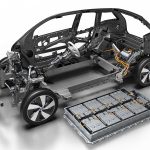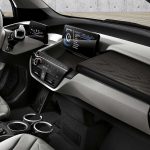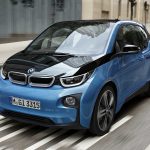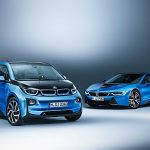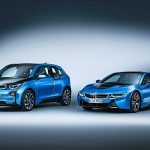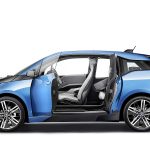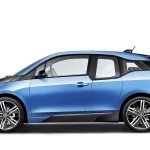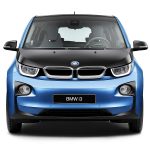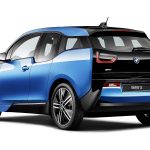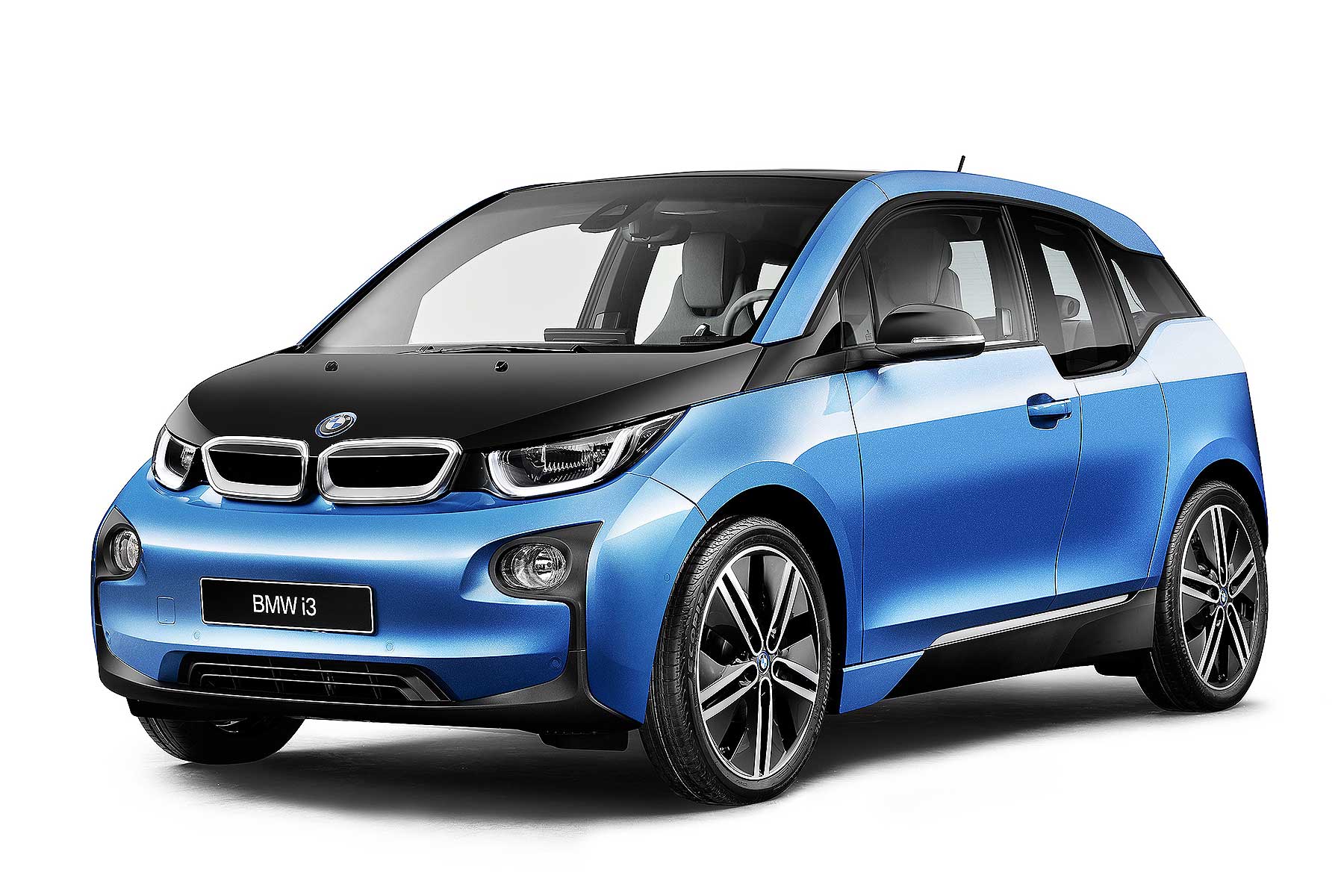 BMW will launch a revised version of its i3 electric car in July 2016, with a bigger battery capacity that extends the range to almost 200 miles.
BMW will launch a revised version of its i3 electric car in July 2016, with a bigger battery capacity that extends the range to almost 200 miles.
The i3 94Ah model gets a larger-capacity 33kWh battery that adds more than 50% to the standard NEDC-tested EV distance: BMW now claims a range of 195 miles in everyday driving.
That’s despite the 170hp i3 EV also being capable of accelerating from 0-62mph in 7.3 seconds (naturally, you won’t get such a big range if you utilise this…).
BMW does, impressively, also claim the full 195-mile range is available even if you use the air con or heating – “with no subjective loss of driving performance and agility”. Makes you wonder what the range is if you really decided to hypermile with all the systems turned off.
Gallery: 2016 BMW i3
BMW says the new battery is faster to charge as well: a DC rapid charge system is now standard.
The arrival of the bigger-battery i3 94Ah, which will cost £27,830 including the £4,500 government OLEV grant, may now make the i3 Range Extender alternative a little less of a must-have. Costing £30,980, BMW does, however, claim an also-extended range of 276 miles for this version, many times more than the average daily drive (and not far shy of a conventional family hatch petrol car).
The i3 Range Extender, which has a tiny 31hp motorcycle engine in the rear to extend the range by 81 miles when the batteries are flat, emits a scant 12g/km on the official cycle – that’s 1g/km less than before, despite the bigger range.
Other revisions for the bigger-capacity battery i3 EV include the introduction of BMW’s distinctive Protonic Blue paint, first seen on the BMW i8 PHEV supercars.
BMW has updated its interior trim packages, for more choice from the four ‘world’s: Loft, Lodge and Suite are joined by an Atelier interior trim ‘world’.
As before, all materials are a mix of naturally treated leather, wood, wool and other renewable raw materials – so, says BMW, “the sustainable premium character of the i3 (is) both visible and tangible”.
BMW also reminds us the i3 is made in factories that use 70% less energy than normal plants, which are powered by 100% wind turbine energy. The factories even use 50% less water than normal facilities.
